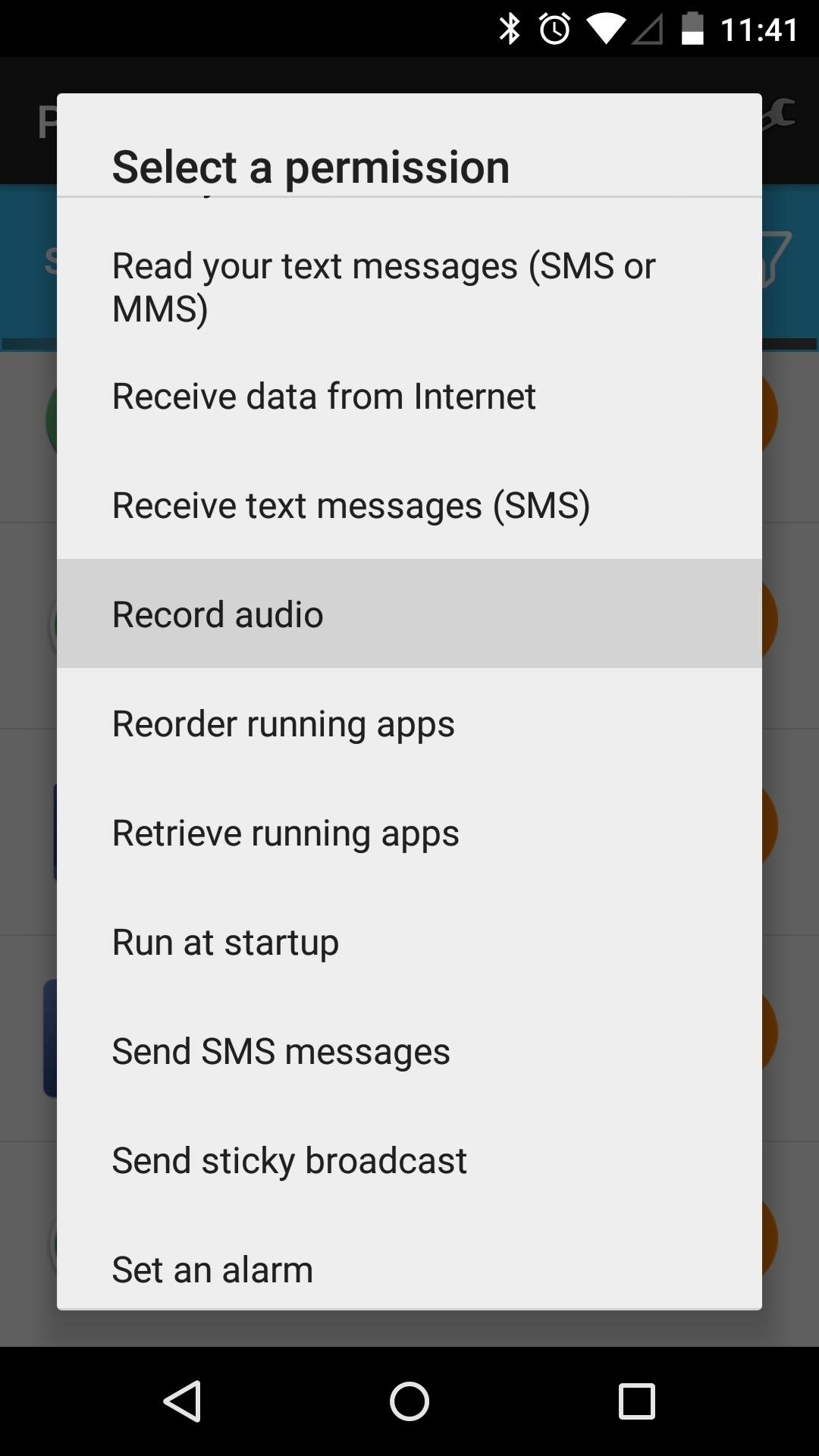

- #How to check app permissions android 4.4.2 how to#
- #How to check app permissions android 4.4.2 install#
- #How to check app permissions android 4.4.2 download#

SMS apps, contact management apps, dialer replacement apps and even some social media apps will need one or both of these applications, but apps without any social aspect to them have on reason to require this. This includes how often you communicate with particular contacts. While both can be problematic, the "modify" permission is especially dangerous since it would let an app read all the contact information you have on your phone. These permission to "Modify your contacts, read your contacts" gives an app unfettered access to your contacts’ data. If there doesn’t seem to be any real reason for the app to require this permission, it might be a good thing to think twice before installing it.

While this permission is often safe, the potential for wrongdoing is huge, so do exercise caution when apps require this permission. This is a bit of a problematic permission, because "read phone status and identity" encompasses everything from something as innocuous as needing to know when a phone call is coming in, to having access to crucially important data such as your device’s IMEI number. It’s just one of the many sacrifices you have to make when using a free, ad-supported app. Crucially, applications which implement location-based advertising will also need access to such information. Similarly social media applications want to include your location in photos and uploads. What would apps need my precise location for? Well, navigation apps like Waze will require such information to work. There are two types of location permissions that Android applications can require: "approximate location (network-based)" and "precise location (GPS and network-based)". Most of the recapped information here comes from both resources. There’s also a detailed list of permissions on the official Android Developers page. If you want to know more, check out the list and discussion of Android app permissions by user Alostpacket. Note that these aren’t the only permissions you should worry about – it’s a start. There are a few permissions that you should be wary of, not because they’re necessarily dangerous, but because there could be wide-ranging repercussions if data from these permissions were to fall into the wrong hands. It’s all too easy to treat the permissions list like an EULA (which nobody ever reads) but skipping over these permissions could mean the difference between having your data securely on your device or having all of it at the fingertips of unscrupulous app developers.
#How to check app permissions android 4.4.2 install#
When you install an app from the Play Store, you’ll get a pop up listing all the permissions that the app requires, things like access to your storage, phone calls, network communciation etc. Unless you’re rooted, you have no say – short of choosing to not install the app – in whether the app will receive all the permissions it requires. Recommended Reading: 10 Tips To Tighten Security On Your Android Device What Are App Permissions?įirst things first, Android app permissions aren’t requests, they’re declarations. Here’s a look into Android app permissions and what to do about them.
#How to check app permissions android 4.4.2 how to#
With a bit of vigilance, it’s entirely possible to minimize risks by learning how to better manage your app permissions (and to revoke them if necessary). In this guide, we will be highlighting some of the app permissions you need to pay more attention to, and which are valid permissions that apps are obligated to ask for.
#How to check app permissions android 4.4.2 download#
On top of that, you will need to start reading up on the "permission slips" you have been giving apps that you download to your phone, or risk opening yourself up to major privacy and security issues. As an Android app user, you should be aware of the type of data the apps you use are taking from you. Apps dominate our usage of smartphones and while Apple’s App Store has stringent criteria for apps to get in, Google’s Play Store is relatively more lenient.


 0 kommentar(er)
0 kommentar(er)
